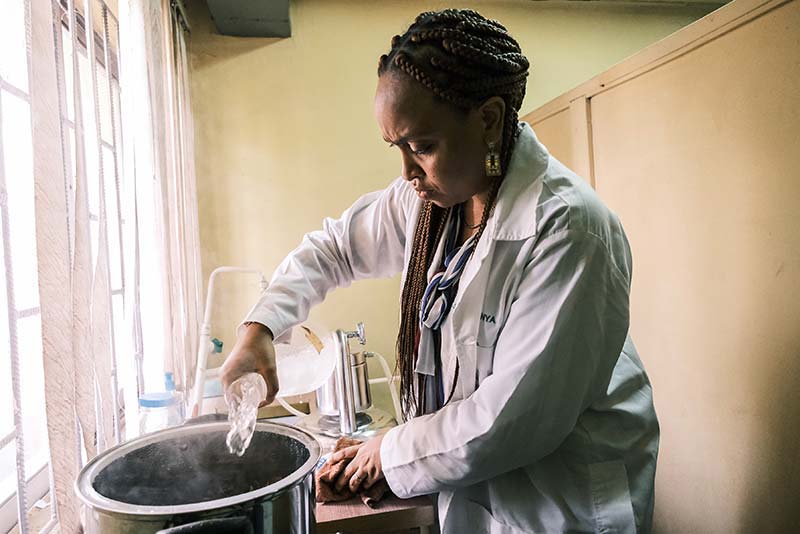Regional pharma manufacturing hubs can expand the availability of drugs, lower costs, and strengthen local health systems.
- In most of sub-Saharan Africa, pharmaceutical imports comprise as much as 70 to 90 percent of drugs consumed.
- This dependence on imports leaves citizens vulnerable to shortages of medication — a problem that triggered a continent-wide crisis during the pandemic.
- More local manufacturing of medications and active pharmaceutical ingredients could strengthen health systems throughout Africa.
By Alison Buckholtz
Margaret Ilomuanya lectures on Pharmaceutical Science at the University of Lagos, but her PhD and other professional credentials were of little use when she needed to buy essential drugs in Nigeria during COVID-19. After imports of pharmaceutical products slowed to a halt, “I was not able to buy a specific brand of anti-hypertensive medication for one of my aunts for almost three months,” Ilomuanya said. “We were able to obtain an alternative, but for many others some medications that were not available may have resulted in dire health consequences.”
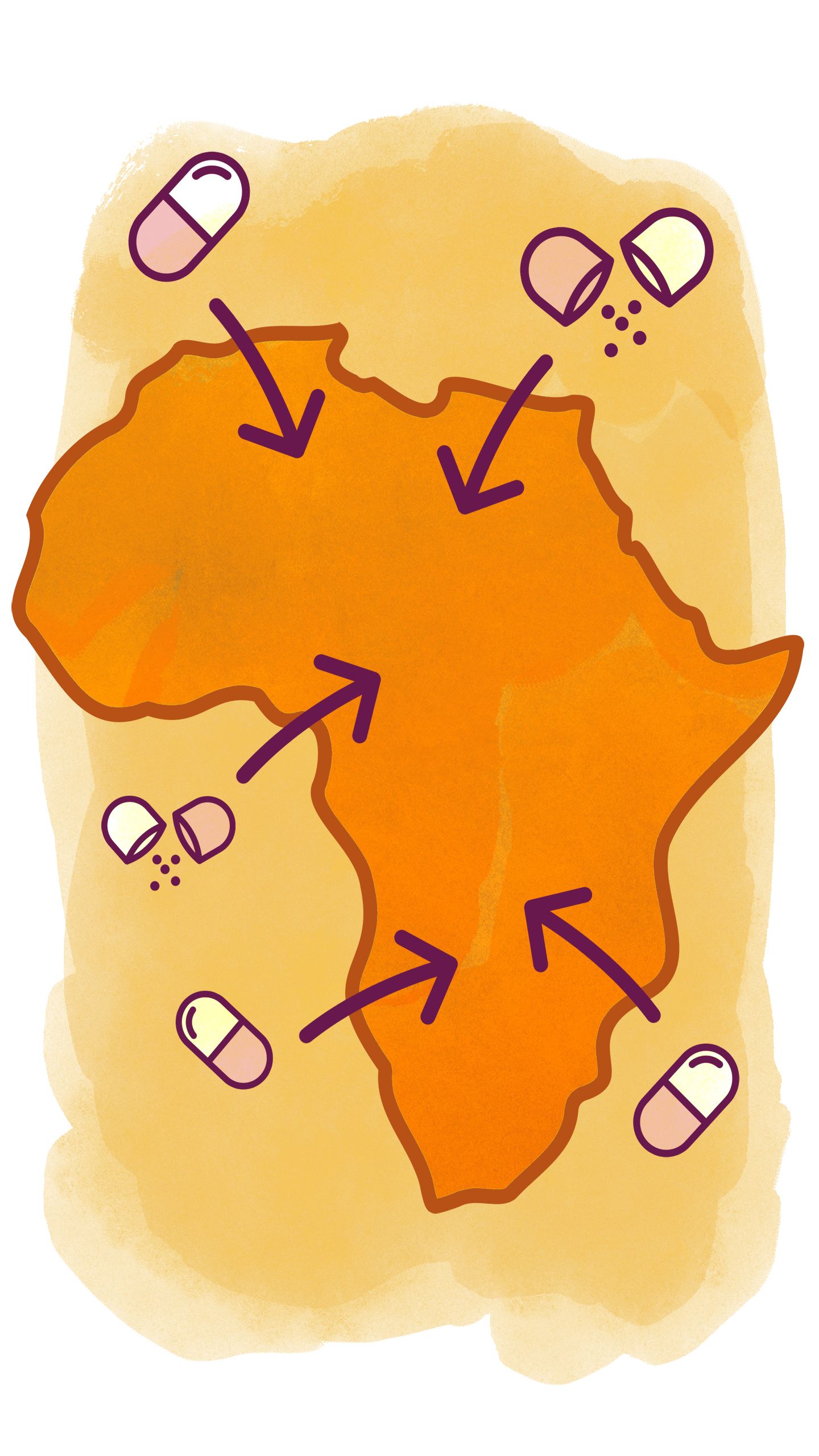
As Editor-in-Chief of the Nigerian Journal of Pharmacy, Ilomuanya is intimately familiar with the long history that lies behind Africans’ lack of access to medicines. In most nations of sub-Saharan Africa, imports comprise as much as 70 to 90 percent of drugs consumed—which bumps up the cost of many pharma products and leaves citizens vulnerable to supply chain disruptions. Those supply chain disruptions made headlines during the pandemic because several countries that produce medications and supplies for the drug industry curbed exports, triggering a continent-wide crisis.
In Rwanda, small pharmacies and large medical stores ran out of stock. In South Africa, it became nearly impossible to fill prescriptions for psychiatric drugs and oral contraceptives. In Kenya, oncologists complained about challenges treating their cancer patients. And in Nigeria, where Ilomuanya tried to track down anti-hypertensives, stocks of those and many other treatments to manage chronic illnesses, including HIV medicines, dipped critically low.
But Ilomuanya doesn’t blame the foreign governments that halted their pharmaceutical exports during the pandemic. Instead, she and an ever-growing number of health-care practitioners, regional organizations, and industry analysts advocate for building up pharma manufacturing hubs within Africa. Officials are considering promoting more local production from private pharma companies that produce generic medications, as well as companies that manufacture active pharmaceutical ingredients, or APIs (the primary components in the manufacture of drugs). This localization of drug manufacturing would help health systems in Africa lessen their vulnerability to supply chain disruptions, said Subir Basak, Senior Life Sciences Specialist at IFC.
Dr. Margaret Ilomuanya advocates for pharma manufacturing in Africa.
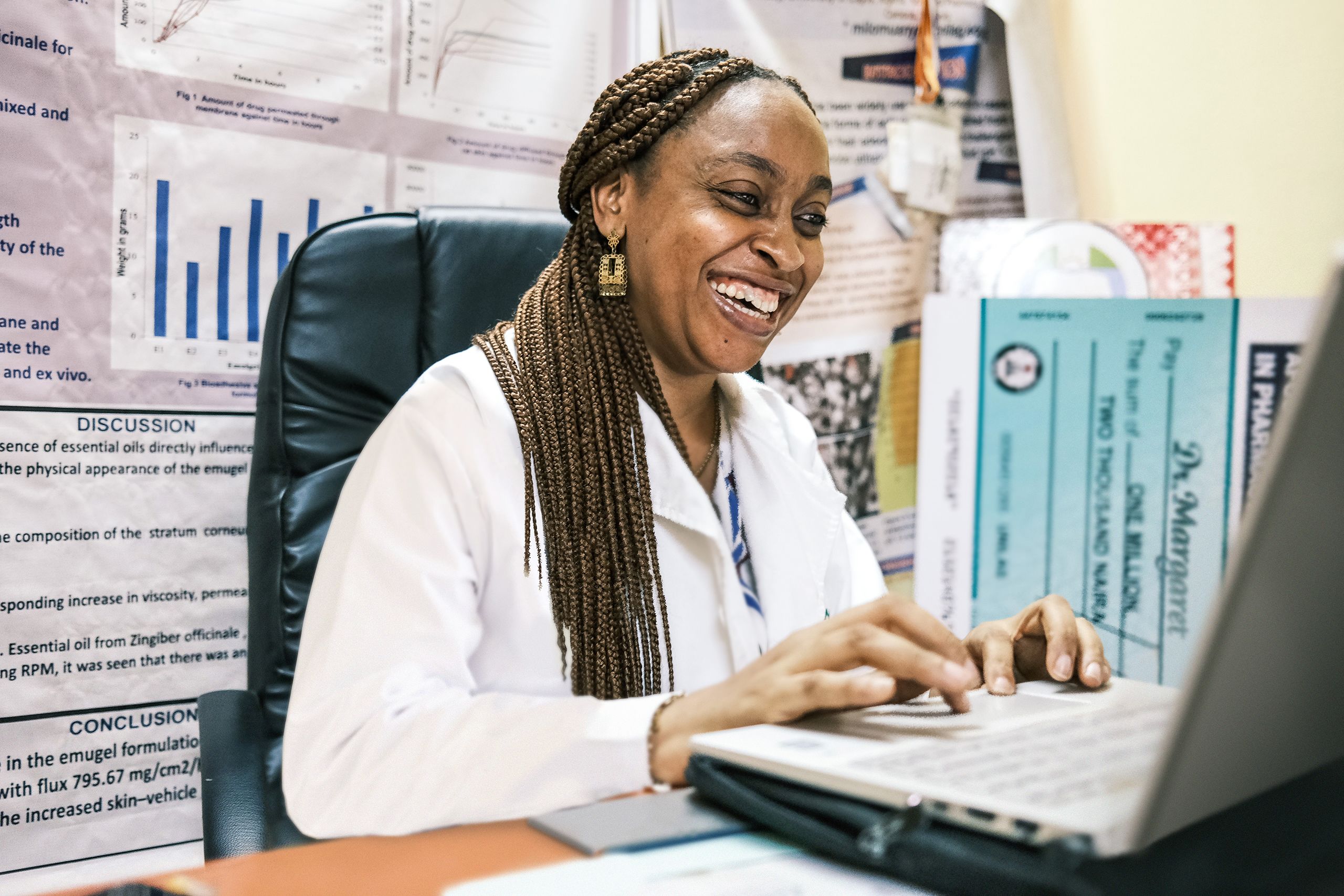
Dr. Margaret Ilomuanya advocates for pharma manufacturing in Africa.
The worldwide public health crisis has also captured the attention of investors who have noted the imbalance between supply and demand, said Frannie Léautier, CEO of SouthBridge Investments, a pan-African investment bank. Africa’s lack of essential medicines and APIs during the pandemic “had implications on the pharma and health sector in Africa over and above the direct effects of COVID-19,” she said. Since the crisis began, “a lot of thinking about the demand side has been happening at the country and regional level, and also among investors who want to bridge that gap for pharmaceutical products. Investors are looking at Africa with new eyes.”
For more insights from Frannie Léautier on investing in pharma manufacturing in Africa, click here.
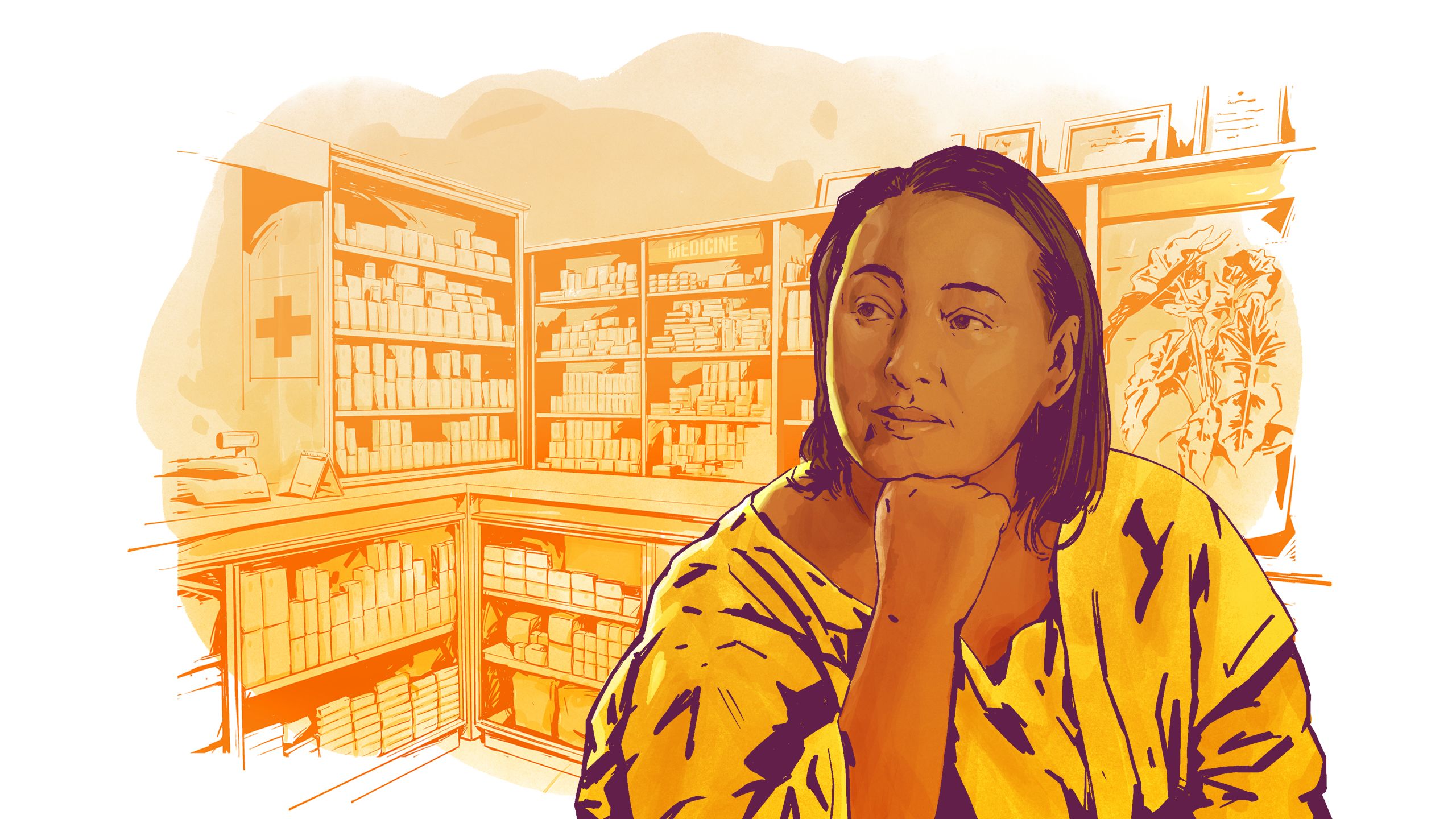
Why Local Manufacturing Matters
The scarcity of pharmaceuticals in Africa has been a problem for decades. Roughly half of its 1.1 billion people lack regular access to even the most essential medicines, according to the WHO. Lack of access to medicines each year contributes to millions of deaths in Africa, and “The burden falls mainly on the poor, women, and especially children,” the British Medical Journal has noted.
The COVID-19 pandemic has undermined recent progress on access to HIV, malaria and tuberculosis medicines as well as to reproductive, maternal, and newborn treatments and medicines, said Jean-Baptiste Nikiema, a doctor who leads the medicine supply team at the WHO’s regional office in the Republic of Congo.
In-country drug production could help ensure access and affordability, but Africa has very few local or regional pharma manufacturing companies. There are roughly 375 drug makers, most in North Africa. Those in sub-Saharan Africa are clustered in nine of 46 countries, a 2019 report from McKinsey noted. (By comparison, according to the report, China and India, each with roughly 1.4 billion in population, have as many as 5,000 and 10,500 drug manufacturers, respectively.)
In India, there are 10,000 drug manufacturers that serve about 1.4 billion people.
In China, there are around 5,000 drug manufacturers that serve about 1.4 billion people.
In Africa, there are only about 375 drug manufacturers that serve 1.1 billion people.
The Pharmaceutical Manufacturing Plan for Africa (PMPA), created by the African Union Development Agency in 2005, has disseminated a business plan to boost local pharmaceutical production and improve public health outcomes. Other strategies to promote African pharmaceutical manufacturing include initiatives from the African Medicines Agency and the African Vaccine Regulatory Forum. In late May, 54 African countries co-sponsored a resolution on the local manufacturing of medicines, medical technologies, and vaccines that was presented at the WHO’s World Health Assembly.
There is reason for positivity because notable changes have made the continent a “much more viable market for manufacturing pharmaceutical products than it was a decade ago,” Léautier said.
“Many countries now have social security systems and insurance systems that pay for health care, so it is a more structured market, with people able to afford longer term treatments.”
That progress, along with Africa’s growing population and the necessity of specialized treatments for diseases that are highly concentrated in Africa, such as waterborne diseases, malaria, tuberculosis, HIV, and AIDS, “make strong arguments in favor of local pharmaceutical manufacturing.”
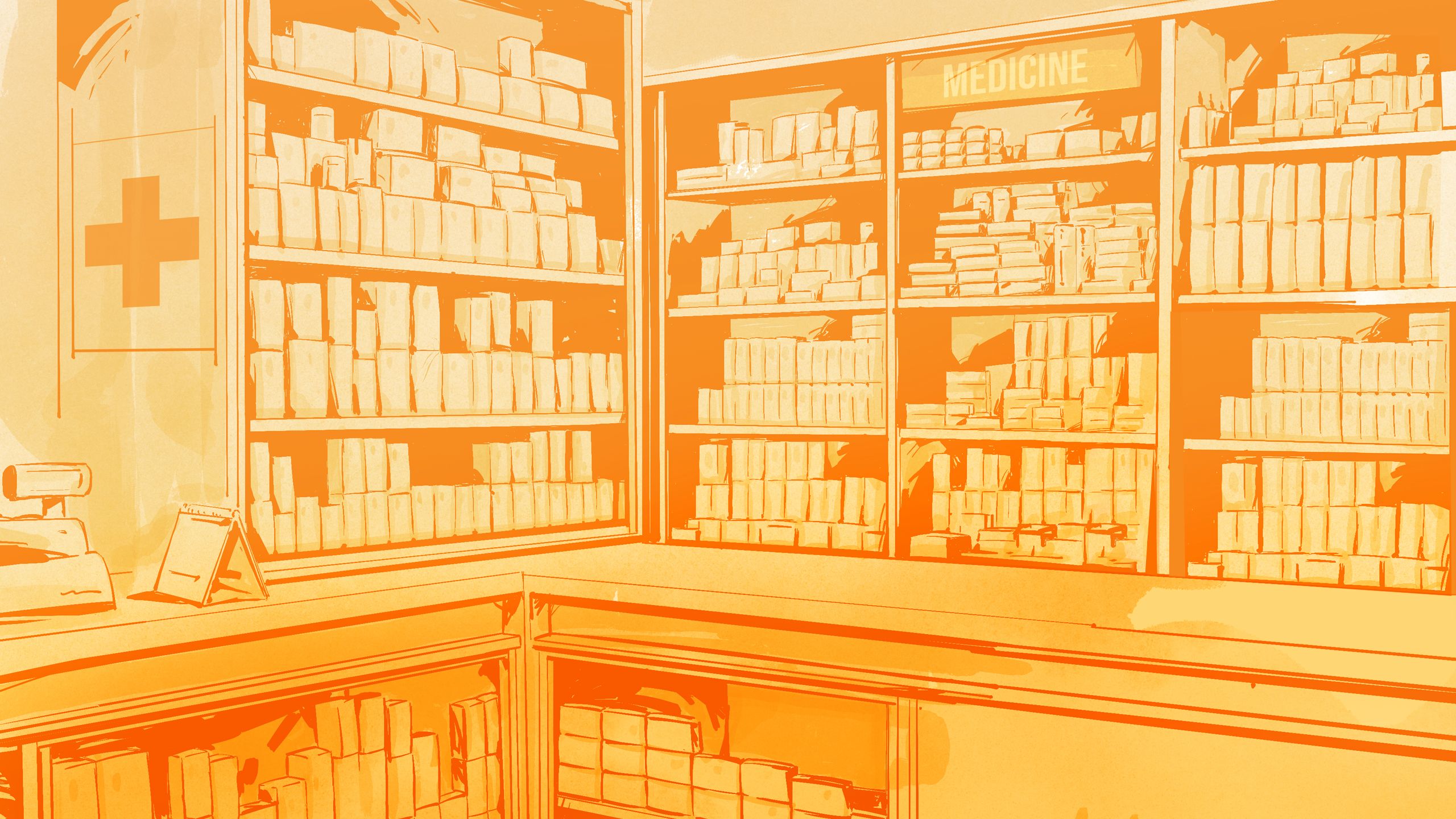
The pandemic also underscored the importance of continued access to APIs, the building blocks of medications. There is little production of APIs in Africa, and almost all APIs used in Africa are imported from China and India, the WHO has found. As with generics and over-the-counter medications, supplies of APIs to Africa shuddered to a stop during the pandemic.
To establish an environment for API production and local pharma manufacturing in Africa, IFC is working in several countries to “put together the components needed” for a mature pharmaceutical industry, said Zeynep Kantur, Principal Investment Officer for health projects at IFC. This involves partnering with local and international pharmaceutical companies to co-create projects, identify technical partners, and develop commercially viable projects and financing structures.
“COVID-19 showed us how vulnerable countries in Africa are, and how local API and pharma facilities can fill a long-term gap.”
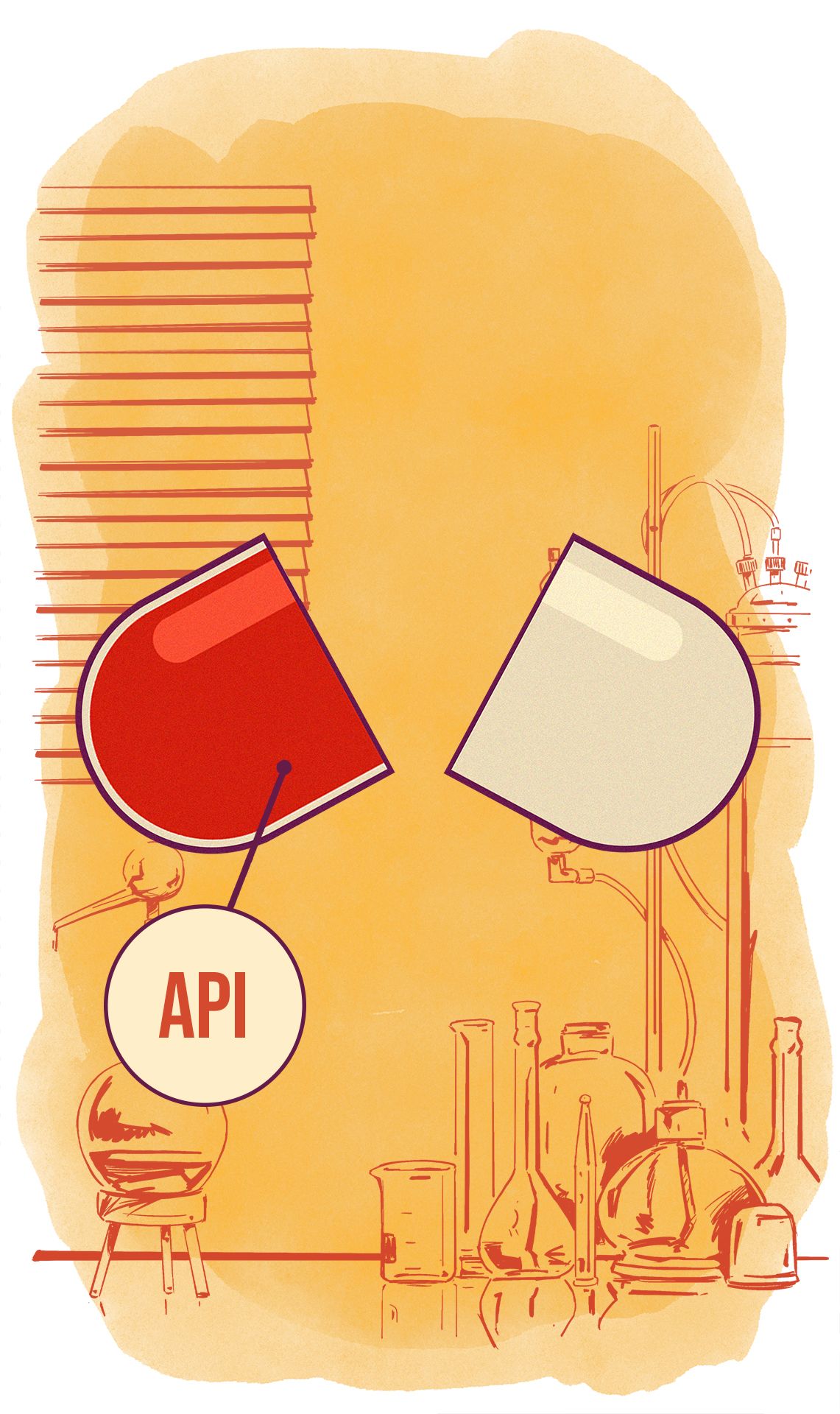
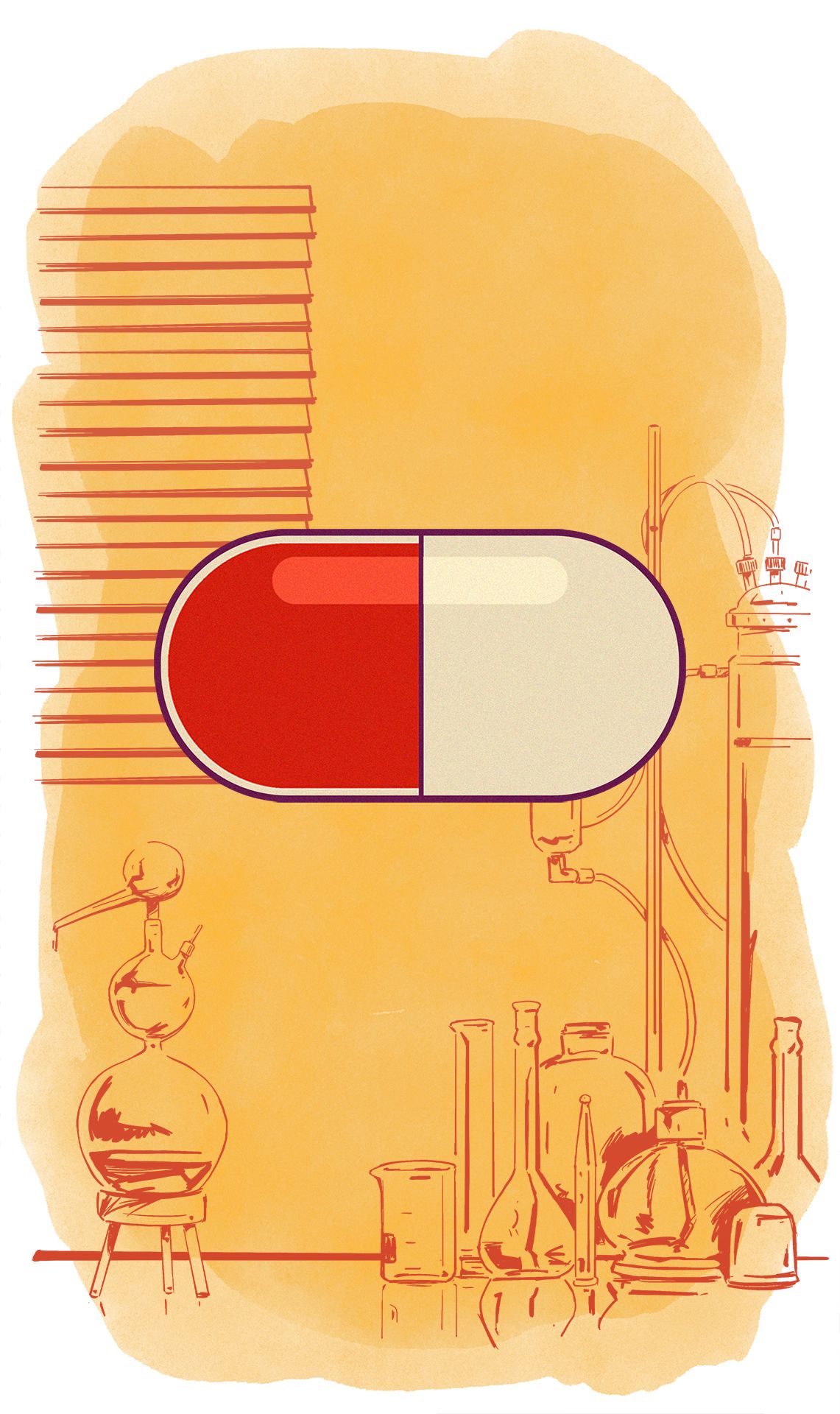
“Investors Want Certainty”
IFC is also coordinating with governments on regulatory reform for pharmaceuticals. Attention to regulatory standards is especially important in Africa, which accounts for around 42 percent of the world’s cases of counterfeit drugs. In addition to contributing to more stable health systems and supporting a domestic manufacturing sector that addresses issues of access and affordability, a stable regulatory environment can help attract long-term financial support.
Regulatory standards are key to attracting investors “because investors want certainty—and regulation, verification, and certification provide that certainty,” Léautier said. Such standards and accountability mechanisms also buffer against “significant consequences when things go wrong and help deal with emerging risks. Otherwise, it is very difficult to function.”
Multilateral organizations have a “huge role” to play in supporting the development of domestic pharma operations in Africa, said Jude Nwokike, Vice President and Director of the Promoting the Quality of Medicines Plus (PQM+) Program at USP, a scientific nonprofit organization focused on building trust in the supply of safe medicines.
For example, he said, even though Africa needs to reduce dependence on imported medicines, not every country in Africa needs to have the capacity to produce every medication. “Multilaterals can help support capacity development in the pharmaceutical sector. There should be a reliance on regional neighbors based on their separate strengths, with manufacturing closer to the people who the medicines are serving,” he said. “This is what builds confidence in health systems.”

That confidence can have other long-term benefits. When local health care professionals find meaningful career paths and choose to work in their own countries rather than emigrating, it helps build pharmaceutical centers of excellence within Africa, Léautier said.
“There’s a positive cycle where you go from detection and diagnosis to research and development to treatment, and this creates an ecosystem of experts who tackle different dimensions of medical challenges.”
Ilomuanya, the Nigerian Journal of Pharmacy editor, has been confronting some those challenges ever since she returned to Lagos after a recent fellowship in the U.S. She believes in the work she is doing to strengthen local health systems because “this is a situation that has answers,” she said. “We have the wherewithal to build the local pharmaceutical industry, and we have the hands. We can take it from bench to bedside.”
From https://www.ifc.org/wps/wcm/connect/news_ext_content/ifc_external_corporate_site/news+and+events/news/insights/africa-local-pharma-production

